Lessons Learned with Lucienne Shakir

In a new episode of the Lessons Learned video podcast series, Lorraine chatted to Lucienne Shakir, a Female Empowerment Coach supporting female entrepreneurs and business owners around the world.
Check out the video right here. Find out more about Lucienne right here, or follow her on LinkedIn right here. Follow Lorraine on LinkedIn right here.
Find the full conversations transcript below.
SPEAKERS
Lucienne, Lorraine
Lucienne 00:00
I’m going to offend a few people with this! We were at Lea Turner’s party and you fixed my hair extensions for me and I just love it because you know, any girl that fixes my hair extensions has definitely got my back.
Lorraine 00:18
Welcome.
Lucienne 00:20
So lovely to be here.
Lorraine 00:22
So I was just thinking, where did we meet? We didn’t actually get to know each other until we actually met in person a little bit, right? At Lea Turner’s party.
Lucienne 00:33
I saw you. I saw your smiley face on LinkedIn, real consistency as well, like you were always there when I logged in. So the algorithm obviously knew that I liked reading your posts. I have a background in languages so I think that kind of drew me in as well. And then we met at Leah’s party and you fixed my hair extensions for me and I just love it, ’cause, you know, any girl that fixes my hair extensions has definitely got my back.
Lorraine 00:33
So yeah, you mentioned that you’ve got a background in languages. So you are from German and English heritage. So I have a question about this, having lived in the UK and in Germany, I want to know, what parts of your personality would you say you inherited from the German side? And what parts came from your British side?
Lucienne 01:25
Great question to start us off. I would say that I grew up in Germany, and I went over there to visit my dad. After my parents separated I was there every summer for six weeks, every Christmas for two weeks, every Easter for two weeks. And I lived with my grandparents for most of the time, because my parents were so young when they had me. So I went over and I would live with my grandparents in Germany, and I absolutely have never felt that feeling again, on my own where there’s just complete freedom… felt complete freedom to do whatever I wanted to do, to eat whatever I wanted to eat, to go and see people that I wanted to see. And it really allowed me to explore myself quite a lot growing up, and it gave me like, touch points in between the monotony of school life and friendships, which I found quite difficult at school. I was always really unsure about what friendships were, what I was meant to do, where I stood with people, a lot of that is down to the way that I think and who I am as a person. So Germany gave me freedom. And it gave me exploration as well. The Germans are really good at being in nature and really enjoying the present moment and… but I love the efficiency and the organisation and the cleanliness. And I just, I love that side of my German character. I feel I’ve really got that in there. And then on the English side, I have a lot of my mum here, you know, I look a lot like, I act a lot like she does, we have very similar mannerisms. And she is very… she loves the socialising side of life, she loves the entertainment side of life. So I think I’ve got that from her and England and Germany, and they’re just such beautiful countries, both of them. I’m so privileged to be able to see a really, really nuanced part of both sides, which I love.
Lorraine 03:34
Amazing, and you’re bilingual as well. So, apparently that enables you to think about things from a different perspective.
Lucienne 03:40
It’s quite interesting because I speak three languages fluently. German and English I’ve learned as a native so my mum’s an English speaker. I was born in Germany, and I grew up speaking German. But my mum was speaking English to me, which is why I have no traceable accent on either side, really. But what’s really interesting is that there’s a definite switchover that happens, so when I’m in Germany, it takes me a couple of days before I start dreaming and counting in German again in my head. And then likewise, when I come back to England… and idioms as well, I find it really hard to switch idioms over. So things like, you know, ‘crossing your fingers’ instead of ‘drückt die Daumen’, which is to press your thumb. Things like that get really muddled in my mind as well. So that’s, that’s quite hilarious. I say stuff and sometimes people have just got no idea what I’m talking about. But then the Spanish I learned from scratch. So there’s a very different process in my brain. You can almost feel it. The German’s there, the English is there. But the Spanish is constructed in a slightly different place. It’s really interesting.
Lorraine 04:52
Maybe you have to think about it more, whereas English and German are just really natural for you. Yeah. I wanted to ask you about your background in education. Obviously, you and I are both, you know, very passionate about education. And I know that, you know, you got a master’s in education and you were working in that industry, but you left it, because you realised it was quite toxic. And you you couldn’t change it from the inside. But you’re doing a lot to help with coaching, which is a different sort of perspective of education in a way, a different part of the journey. So can you tell us a little bit about that transition?
Lucienne 05:34
Yeah, sure. So I started coaching while I was in education. I started my coach training in there. And the transition… I could say that it was probably much harder having been a teacher, because when you’re a teacher, you’re used to instructing and giving information and making information as accessible as possible to the people that are learning from you. And coaching is much more about providing space for people to explore what they already know, to give themselves the permission to answer their own questions. And so really, when you think about it literally like that, teachers or instructors can find it really hard to move into coaching. I feel like I already had a lot of that coaching side of me in my teaching practice, which is something that I think my students, especially my A level form groups, I had many A level form groups over the years, who I would see from Year 12 to 13 and into their university studies. I would apply coaching methodology before I even knew what coaching was. And so I think there was a bit of a natural tendency for me to do that. And I feel really lucky that, you know, there’s pictures of me when I’m really young, seven years old, stood in front of one of those, you know, IKEA blackboards, and I’m teaching my toys something, you know, and people did used to take the mickey out of me with that, and it was like, oh, you know, “Bossy boots, Lucienne!” You know, but I really feel like for a time that was very disempowering when I was in teaching. And then as I grew into leadership positions, and people started to really listen to what I was saying about how important it was to give space to the students, that’s when the fire reignited for me again in education. Because up until that point, it had all been about data, about league tables, about outperforming other schools, and I just don’t agree with that system of education at all. So, yeah, coaching reignited my love for being in the classroom. But I also realised that there was a real need for it in education as a whole and unfortunately there isn’t enough space to bring that into the curriculum in mainstream education. So yeah, I became quite disaffected, and decided to take my skills elsewhere.
Lorraine 08:13
Lucky for me! That’s really interesting that you mentioned that there were, before you even knew it, there were elements of coaching in your teaching. Like, I’ve noticed that a lot over the years for me as well, you know, I started off teaching grammar and other things like that. But over the years, you know, I’ve become so much more passionate about teaching about the importance of growth mindset, and you know, how to, you know… approach a problem from a sort of ‘can-do’ attitude, or what you’d say is like ‘Possibility Thinking’, and it really has such a massive impact on everything else that you teach after that, when you’ve when you’ve sort of started off with a really, like, steady mindset, everything else seems manageable, then. So yeah, that’s really interesting. There’s so many parallels with this.
Lucienne 09:00
I love teaching German grammar. German grammar is just brilliant. I mean, it’s crazy hard, but it’s absolutely fantastic. And yeah, I mean, we’ve… it’s really interesting, because I was talking to Rae-Anna, who you met, our community manager about this the other day. She is the one who behind the scenes has been really pushing for me to develop the academy programme. And that, that really leans into the fact that we have a curriculum, and we have a coaching space and how important those two things are, that structure and that being able to learn and absorb knowledge but also the checking in with yourself and like you say, it’s nice, you’ve been listening, the ‘Possibility Thinking’ side of things, you know, really bringing all of that to the table. So I think if it hadn’t been for Rae-Anna recognising that strength in the teaching aspect of what I do and bringing that into the coaching, I’m not sure I would have developed that programme in the way that I have done.
Lorraine 10:02
It’s amazing, isn’t it? Like, you’re obviously the face of Lucienne Coaching, I mean, you’re the name of it too. You definitely champion and highlight the impact that other people that you’re working with and, you know, who are working for you have. I think that’s so important no matter what level you’re at, to surround yourself with people who have different strengths and are better than you in other, in different ways. And, you know, being humble enough to ask and take on board that feedback, because that’s so… it’s just such a great way of growing, not just in the way that you think is right, but in a way that maybe speaks to different people as well.
Lucienne 10:40
Yeah. And she’s the Community Manager. So she… we don’t take that role lightly. It’s not just somebody typing into a Facebook group. She takes polls from people, she asks questions, she feeds those back to me, we have a weekly meeting. You know, I can’t do this alone. I have lots of brilliant people helping me create what I think is a really important movement in female entrepreneurship. And, you know, to even slightly suggest or pretend that I’m doing that without support is just horrifying to me. So, yeah. Rae-Anna has been a very important part of my development and my growth journey.
Lorraine 11:25
And an absolute joy as well, isn’t she? She’s so sweet. You mentioned a little bit earlier, and I just wanted to highlight this… So, our vision in Intrepid English is equality in English education, and your vision at Lucienne Coaching is equality and entrepreneurship. That’s pretty cool how there’s massive mirroring there.
Lucienne 11:47
Very aligned!
Lorraine 11:50
Exactly. So yeah, tell me about your passion for equality. I know, it’s a very big topic. So it’s hard to sort of condense it down into a short period of time. But where did that start? And how is it going?
Lucienne 12:05
Okay, brilliant. Well, it took me about four years to pinpoint that that is actually the vision that I was working towards, you know, what was the driving force behind all of these things that I was creating around all of the, you know, the different directions that I wanted to go in and the services that I wanted to provide? And it took a long time, I think people think that the vision is just gonna land in their laps, that it’s just going to appear overnight. But actually, it takes dedicated time talking to your team, talking to your customer base, talking to people who know you and then also internally coming inside of yourself and asking yourself, what is it that you really want. Iki Guy is a great way of doing this, where you brainstorm, and you work on activities around what you love doing, what the world needs, what you can be paid for, etc. You can find any resources that you need for Iki Guy for free on the internet. I decided to no longer pay lip service to doing that work. And I dedicated a chunk of time every week to leaning into, what is this mission? And what is this vision that I’m working on? And I stumbled across a book called Traction by Gino Wickman. And he has a really important chapter in there about your core focus, about developing your core focus, developing your vision statement and your mission statement. I’m actually doing a webinar on this next week. But, by the by, it has been so profound, that I have had to talk and share about it with everybody that I work with. So everyone that works with me gets a copy of the book, they’re told to go and read that chapter because it’s so instrumental to their growth. And the vision, what’s really important about this is that it has to be bigger than you. And it has to be longer than in your lifetime. So when it comes to equality in the corporate world, we’re looking at 234 years I think it is, in economics on women and men being at the same level financially. That sounds like a long time. If we get there in that time I would be surprised. It’s taking a very long time for us to move the needle. But when you realise that – I like to use this analogy – when you realise that the world is tilted towards privilege of white men and the corporate infrastructure, the schooling system, everything that we do, the nine to five, the way toilets are set out, the way our phones are made. It’s all designed and developed for this section of our people, of our society. Down here we have the women in society, and then, you know, much further down we have people of different colours, of races, of ethnic groups. I don’t like to use the term ethnic minority, because they’re not minorities, these are people in large numbers. So we have this and I have to ask myself, what can I actually do? What can I do? So if my vision is equality in entrepreneurship, where on this balance can I have the most impact? And it’s here, it’s with the female founders in my communities who really want to build enterprises that are profitable, that suit their lifestyle, that give back to communities, because we know many female founders, that’s what they do, they give back to the community. So in developing this vision of equality in entrepreneurship, which is bigger than me, and it’s after I’ve gone, and I’m not going to achieve it on my own, I then have to look at what the mission is, which is the boots on the ground. How do I make that happen? And how do I play my piece in that big pie of social development. And that’s by empowering female founders to build their brilliant businesses, and to ensure that they stay in business, and they don’t drop out of business. And so once you’ve figured out that bigger-than-you thing, and that mission, that boots on the ground, how you’re going to make it happen, everything falls into place, and it took time, effort, energy, lots of canvassing people who’ve worked with me to really sit down and figure out how do we communicate this, and those are the two things that we came up with.
Lorraine 16:39
Amazing! So much of that, it’s like, just fills my heart with joy that, you know, we’ve got someone like you doing this work, you know, and there’s more and more people like that. I think quite often that, you know, in the corporate world, and in the way it’s always been, you know, empathy is seen as weak. And, you know, integrity is bad business, but it’s not, it’s like… I completely feel that it should be the other way around. And, you know, empathy is actually radical now. You know, it’s like, being someone who focuses on the people who work for you, the people around you, the people who are looking up to you, you know, and making sure that you’re, you know, as we say, putting the ladder back down again. When you’re successful, you are helping people to come up after you, it’s not… you’re not pulling the ladder up after you. And it’s so great, because representation really does matter. In this regard, you know, I can see that you’re running a business in a way that is ethical, that has integrity, you sell with integrity, you know, you treat everybody with respect. And unfortunately, these days that is rare. It’s becoming less rare now.
Lucienne 18:04
And also, unfortunately, it’s becoming a bit of a purpose-washing method to show difference in business or a USP, Unique Selling Point in business. And that’s a real shame. And just to come back to you on that point that you raised, and thank you for saying that, because we do work really hard to create ethical practice in the business. You know, we we had a lineup this year of our three keynote speakers, myself, Lisa Johnson, and Mel Schilling, and we’re all white women. And, you know, despite the fact that we have Lorraine, to whom all of the all of the profits for that event go to, it was made clear in our canvassing that we didn’t have enough diverse representation in our event space. And that’s really important to listen to, because what that means is, I am not connecting with enough women of colour in those high levels to see their work and to bring them into the space. So that then becomes something that we need to work on for the next iteration. But we can’t get it right every time from the very, very beginning. I mean, we did have people from all sorts of diverse backgrounds in attendance, and also giving masterclasses but representation is so important. And I think that, you know, rather than shying away from when we get given this feedback, actually listening and understanding what’s needed and then making change and implementing that is what we need in order to grow and so, you know, I don’t get it right all of the time. But I am so open to making as representative a business and ecosystem in Lucienne Coaching as possible that, you know, I’m on the lookout for people from diverse backgrounds, and, you know, if I find you I’m gonna zone in, I’m gonna hone in, I’m gonna… “Right! You come with me, let’s see what we can do.”
Lorraine 20:11
This is a really interesting journey. And something that it is important to talk about, you know, I had a similar kind of realisation a little while ago, I think about three years ago, now. I realised just how much of a bubble my network was becoming. So if you look at my, for example, my circle of friends and my family, really nice and super diverse, awesome, beautiful. But my network, you know, the people that the algorithm was sending me, I was, like, I’m not interested in hearing from you. I don’t want to have more people with your perspective. I want different perspectives. I want a more diverse network. And, yeah, it took a bit of action, which was easily enough done. And quite soon I noticed the different perspectives coming in, in a way that was really satisfying, and really rewarding. And, you know, those conversations were so much more enriching. But it wasn’t just a one time thing, I have to continuously sort of, work against the algorithm in a way. I’m talking about LinkedIn, social media, and things like that, but also, you know, just looking for different perspectives, you know. If I Google a certain thing, you know, whatever it is, the top 10 responses will be people who look like me. And that’s by design by Google, you know. People look for things that suit them and their views, right. But looking out, being more active about it, being more mindful about opening up your life to more perspectives, and also learning the language of diversity so that when you actually have those conversations, you’re doing so in a respectful and really mutually beneficial way. Yeah, it does take effort. But you know, technology is always learning from us.
Lucienne 22:08
And the talent that’s out there that is, you know, underdeveloped, under funded, under supported. I mean, it’s just criminal, how that’s been allowed to happen. And, yeah, it’s a big part of what we’re doing in Lucienne Coaching, which is to identify talent from diverse backgrounds and support them into those spaces so that we create that level of representation for as many people as possible within the female community.
Lorraine 22:41
I love looking at the, you know, the lovely faces on a Monday and a Friday in the collective of extraordinary women.
Lucienne 22:48
I mean, it’s full of people from all over the world, from all sorts of backgrounds, religions, heritage’s. And it is phenomenal. And it’s because I speak about this stuff a lot. And I, you know, giving people, that platform is so important to me again, because it’s underfunded, it’s under supported. And if I’m there doing it anyway, every Monday and Friday, then why not let people join in? So yeah, it’s really important to me.
Lorraine 23:16
Yeah. You know I… it’s silly now to think about it but I joined the collective about more than six months ago now. And originally, I was like, am I going to be able to squeeze in thirty minutes on a Monday and thirty minutes on a Friday? I mean, to be fair, one of them was at seven o’clock in the morning at that time. Now they’re both at ten.
Lucienne 23:35
We had to change it.
Lorraine 23:36
Yeah. Thank you. Very bleary-eyed on a Monday morning, sometimes with my hair in a towel or just like, Okay, it’s worth it. And now I can’t imagine not having that in my week. And it’s just, it showed me through, you know, through sticking with it, initially. And then, and just the massive amount of progress, the ease at which I was setting goals and then achieving them. You know, it actually freed up a lot of time.
Lucienne 24:08
I’m hearing this a lot, that it is so powerful, and just having that space twice a week, yeah, it does a lot for me as well, you know, I’m not completely unselfish in doing this, it means that I have these two anchor points in my week where I have to show up for the Community. And I do that work on a Sunday. I tie it all in together for myself on a Sunday. And it’s really powerful for me as well, because when we ask those coaching questions, they sit somewhere in our subconscious and we are asking those of ourselves as well. So constantly evolving and giving myself that space to think about those things, which… yeah, it’s really beneficial to me too, and I’m so pleased that you’re there and that you’re getting the benefits because that’s what it is all about. If people didn’t show up, I wouldn’t be doing it, you know, and week on week we get more and more people and they’re raving about it, which means we’re doing something right. So it’s great.
Lorraine 25:10
Brilliant. Yeah, I tell everybody about it. I tell everyone and they have the same reaction like, Oh, can I squeeze it in? And I’m like, Yes, immediately. Yes. And secondly, you must!
Lucienne 25:22
It’s a weird fallacy, isn’t it, that you… well, you have to create time. And in order to create time, you have to use time. So that time used makes that time that you then have in the week so much more manageable, and so much more clear and concise when you’re just on that hamster wheel, on the treadmill, but you just don’t know if you’re coming or going. That’s not an effective use of time, you know, that ‘workism’ thing, just because you’re doing something does not mean that it’s productive. So that thirty minutes is critical. And I highly recommend it to everyone that’s in the professional space.
Lorraine 26:08
Yeah, amazing. Obviously I’ll be putting links to all of this underneath. But one of the things that really surprised me about the collective was, so you know, you’re a high performance coach, you’re a female empowerment coach, but you focus on the importance of foundations. And that kind of surprised me, but it makes perfect sense now. You know, there’s no point in working towards all these high performance techniques that are touted by many, many coaches out there, unless you’ve got the foundations in place, by which I mean, sleep, hygiene, hydration, nutrition, energy… oh no, energy is number five, isn’t it? And exercise. They’re such simple things but without them, there’s no point in working on the rest of it.
Lucienne 26:56
And that is, in essence, high performance. It’s the longevity. It’s the being able to consistently show up. And you can’t do that if you’re running on empty all the time. You create that inconsistency in how you show up. So granted, when we get these foundational elements done, and sometimes I sound like, you know, our mum, and I’m like, right, you know, drink enough water, not quite like that… There’s a lot more science behind how I teach that work. But those more strategic sides of business that I coach and mentor are more the mentorship, which is around planning and execution, understanding targets, and goals and metrics, and how you’re going to make that mission and vision come to fruition. There is no point in doing that, until you are looking after yourself. And for me, that is just such a common sense thing. It’s so clearly high performance, I don’t understand why more of us, why more female football teams aren’t looking at the menstrual cycle of their players, and identifying, you know, what’s going on hormonally and when they’re at peak performance in the athletic world. There’s a lot of the sports world, of the athlete side of our society and business life that actually merges together. And so I think, you know, when you’re trying to show up, I use the word trying there very purposefully, you know, made up with beautiful visuals, and you’re keeping up with the Joneses, and you’ve got a lovely Instagram grid, or whatever that might be, it all comes crashing down. And what people see there is inconsistency. And when we’re inconsistent, we’re not leading and when we’re not leading, we’re not in high performance. So yes, those foundations are absolutely critical. And it’s really interesting when I start working with some of the female founders that I work with, who, you know, we consider them the very pinnacle of entrepreneurship around the world, and they’re like, I wasn’t expecting this. Before we even get to the strategy of their business they’re like, Ah, okay, you’re actually gonna make me look after myself. Yeah, too right, I am. That’s how your business keeps running. So it is one part of what I do, but it’s really, really important.
Lorraine 29:36
It really is. Not only on a general sort of… the general basis, you know, so making sure that you’re focusing on those day to day and week to week, but also like, sometimes, for example, yesterday I had a session with a student. She turned up and she was… she said, “Oh, I’ve had a headache all day. You know, I’m really stressed with work.” And I just thought, there’s no point in just like carrying on through in that state, so let’s just invest two minutes in having a big glass of water and, you know, taking a deep breath and just relaxing, and then you know, when you’re feeling a little bit better we can… and by the end of the session, she was giggling, you know, she was feeling a lot better. So sometimes we do just keep pushing forward, don’t we? Because there’s so much to do and we can’t take our foot off the pedal, but like my friend gave the analogy, it’s as if you are, what did he say? A lumberjack in the forest, and you’re chopping down a tree, but you’re doing so with a blunt axe, you know. You could work really hard there all day long, and not really get very far. But if you just take a step back, sharpen your axe, you’re gonna get it done much quicker.
Lucienne 30:42
That is a brilliant analogy. But there’s all sorts of ways where we can catch ourselves, when we are in those moments and stopping that freight train is hard. You need to identify a tell that you have that indicates to you, okay, my behaviour is doing this, which means I’m pushing too hard. And when you find that tell, you can start doing something about it. It might be as simple as, you know, you can’t be bothered to wash your hair, or, you know, you’re climbing into bed at night, and you’re letting your hygiene go so you’re not brushing your teeth or really, really simple things which are very detrimental to you, you are setting aside because of that hustle. And I think if you do have a tell where you’re not washing your hair, for example, or you can’t be bothered to get ready for your day, that is a red flag. What’s going on there? What’s behind that? How much energy have you used to get to the point where you don’t want to do that? And how can we make sure that that is happening less? And that’s really important too.
Lorraine 31:55
It is. I need to remind myself every day. Every day I’m like, I’m tired, I go reach for a coffee. And then I’m like, wait a second, maybe drink a glass of water first. You have to constantly remind yourself. It’s a constant effort, Lucienne but I’ve got your handbook here that I read. I filmed a webinar with one of my dear friends, Jules recently, and we asked people how important continued professional development was to them. And unsurprisingly, they all voted very, very highly. It’s really, really important. It’s fundamental to them progressing in their career and enjoying their lives, right? Then I asked them how much opportunity they had, either from their employer, or if they were self-employed from themselves. They didn’t get the time, they didn’t get the encouragement to actually, you know, try and develop themselves in their careers. And they all said, you know, this is something I want to work on, this is something that I should prioritise more. And it’s that difference between knowing it’s important to you and that cognitive dissonance there of not reaching out to get it. But specifically with English training, a lot of people feel shame, you know, they go to work every day, they try and cover up the fact that they don’t really understand a lot of what people are saying, they’re silent in meetings, you know. Over time that becomes unsustainable. They’re stressed, they become ill, you know, and a lot of leaders don’t really know what they’re seeing, because it just manifests in low productivity or, you know, low morale in the team, that kind of thing. So they don’t really know exactly what the problem is and without having those conversations, or even having the conversation but the employee not understanding that they have a safe space to, you know, to talk about what they need, then they end up losing their job or looking for another job, and the leader has to recruit someone new. So, after speaking with the employees many, many times I was… I started to think, you know, maybe it’s time that we look at the cause of the problem and speak to the employers about this. I know you’re a real proponent of continued professional development or personal development as well. You know, what do you think about this area? And what can we do, in your opinion to improve the way it’s seen and remove the taboo from asking for the help that you need?
Lucienne 34:34
Great question. It is incredibly important. As we both know, time is so precious and unfortunately what we’ve got is historic time wasting within professional development. So CPD programmes in corporations will be put on and actually they won’t have canvassed their employees first to ask what’s needed and they won’t be providing what’s needed. So historically you’ve got this really, kind of poopood… any training work that an organisation provides is not valuable, you’ve got that kind of image in your mind. And so I think it takes effort from both levels, from the organisation and from the employees. The organisation needs to understand how costly it is. And this is where I find so much short-term thinking when I start working with larger organisations around losing female talent and that retention of talent as well. And what a shame, if it’s because of communication background and not having the support and infrastructure in place to support somebody’s communicative development. That would just be a horrendous shame to lose somebody because of that fact. So identifying as an organisation where the talent sits and having really important conversations, which the organisation feel are important, conversations with the employees about what’s needed. And it’s about developing that relationship. Because as soon as an organisation goes, we’re doing this, you need to come, it becomes something that’s either mandatory and therefore it’s resented, or it’s, you know, come along if you want to, but the communication of how important that is, and how great it could be in terms of the employee’s development isn’t constructed. So the organisation needs to take responsibility on just how expensive it is to lose people and hire new people in, compared to actually developing the talent that they’ve already got. And we see this time after time in study upon study. McKinsey do some great reporting on this, go and check it out if you want to learn more. As an employee, though, you also need to be working constructively with your employer to ask yourself those questions. You know, where is my potential? Am I leaning into my potential? Is this my full potential? Can this organisation provide what’s needed for me in order to thrive? And if the answer’s no, I think as employees, we need to start being a little bit more selective about who we work with. And then it will be a case of, you know, survival of the fittest. The organisations who are attracting the best talent are the ones that have the great communication, the great professional development, because people know, I want to work with them, because they’re going to develop me and I’m going to bring my best to that organisation. And so the other companies are left lagging behind. And we’re seeing that real curve, where organisations who’ve been at the forefront of this developmental style within CPD and development, of their staff, being at the top of that wave, and everybody is now trying to catch up. Well, there’s still a wave, we’re not… we’re not, we’ve not crashed over yet. So if you’re a company that really wants to maximise profits, which is essentially what every organisation wants to do, you have to become super, super invested in your people. You have to communicate with them and listen to what it is that they need. And you have to provide for their needs, so that your organisation is an attractive place to work. And only by doing that, will you create something that is going to grow with real traction into the future.
Lorraine 38:39
Awesome. All the rounds of applause for that. Absolutely. Love that. Thank you. Awesome. Yeah, this is a message that has been, you know, backed by data. The recent Gallup survey, a huge, huge annual survey, basically broke down all of the different ways that investing in your employees is good for business, and a failure to do so is the kiss of death for your business. So yeah, that validated a lot of what I’ve been feeling for the last year as well. All right, so you’ve got lots of exciting events coming up. We recently had the Female Founders Summit, which was amazing. I’m still just on cloud nine.
Lucienne 39:28
It’s really interesting because everyone that speak to, you know, especially the new people that came this year, had been looking at it and had been going oh, you know, it seems a little bit like this or a little bit like that. And then when they got there were just so involved and no pedestals and I think when you’re looking at something from the outside in, it can be easy to create your assumptions about what’s going on. And what I’ve loved about the feedback is that it’s been so inclusive, it’s been really accessible, inclusive. And that’s exactly what I wanted to do. So I am loving the things that people are saying to me from that summit. I’m really glad you enjoyed it.
Lorraine 40:12
Yeah. You’ve got quite a few live events, I mean live as in in-person events. So yeah, it’s… these days people tend to choose either online or in-person stuff. But you’re doing all kinds of things.
Lucienne 40:25
I’m doing a bit of both. Yeah. There’s just been an announcement that I’ve partnered with a local heritage site called Delapré Abbey, a beautiful old Abbey in Northampton. Absolutely stunning. And we have Laura Hof coming to give a breathwork masterclass with ice baths. And we’ve got lots of really amazing people coming and giving their expertise around mind, body and soul. So it’s the Mind, Body and Soul festival in Northampton. And it’s designed to be a really high quality event that is accessible for people. In Northamptonshire we don’t have a lot of that going on, and there’s so much talent in this town. We find that a lot of our people go far and wide to go and get their festival experiences or to develop themselves. So we thought why not create something really extra special here. And that’s what we’ve done. And we’ve just announced it. Yes. The earlybird tickets are on sale now. Super exciting,
Lorraine 41:30
Amazing. And the pinnacle of your Lucienne Coaching offerings, it’s phenomenal. So you’re in a process now of, sort of, getting the word out and also having onboarding calls with people. And you’ve got, is it six strategy sessions to give away to the first six people who book it?
Lucienne 41:54
We have gone all in. The maximum I could do was ten strategy days between now and October, which is when the programme starts, and that strategy day is a two and a half thousand pound usual investment. And I’m not even ashamed to sell that with everything that I’ve got, because, quite honestly, it is phenomenal. I mean, we have worked so hard to create something that really meets the needs of our clients. And a big part of that programme is the accreditation, which ensures that people who have gone through the programme are delivering exceptional customer service for their clients as well, because we are challenging the ethics of the coaching and business industry through the programme as well. So it hits a lot of different markers for what I want to achieve. But the work with me one-to-one isn’t cheap. It is, you know, it’s seen as a luxury, which is so unfortunate. And obviously I have a roof to keep over our heads and I need to ensure that we have a standard of living that I’m happy with. My corporate work and my clients who work with me one to one are wonderful and provide that, for me. The academy is more accessible. It’s still a significant investment for many people. It does mean that people show up and they dedicate their time to it and they put in a lot of effort and energy and they get a lot out of it in return. It is a more accessible and affordable route to access that high performance one-to-one coaching. So we’re really excited about it. It’s probably the last year that I’m going to be able to provide all of the coaching, just because of the growth of the business. But we are training up a couple of coaches who will be able to do that from next year. But this year for this 2023 to 2024 cohort, I will be doing the coaching and those bonus sessions are only available for the people who sign up. The next six. We had ten. We’ve only got six now. It’s been a couple of days that it’s been open. So I’ve got a lot of work to do, oh my gosh, where I delve really deep into your business. And together for that strategy session, it’s either a whole morning or afternoon, I put together an immediate actions, an interim actions and longer term actions list of strategy that you need to be developing before the academy even starts. So that’s what we’re doing and that will set you up superbly for your growth for the next year.
Lorraine 44:38
Hashtag life goals. Amazing. Amazing. Awesome. All right. Well, you know, I just wanted to say thank you so much for giving me this time, your time is obviously very valuable, as is everyone’s I suppose. But you’ve given this time to me for free and I just wanted to thank you so much for doing that.
Lucienne 44:57
Of course! Absolutely, any time. You’re brilliant. I love what you’re doing Thank you for having me.
Thanks for subscribing to our newsletter!
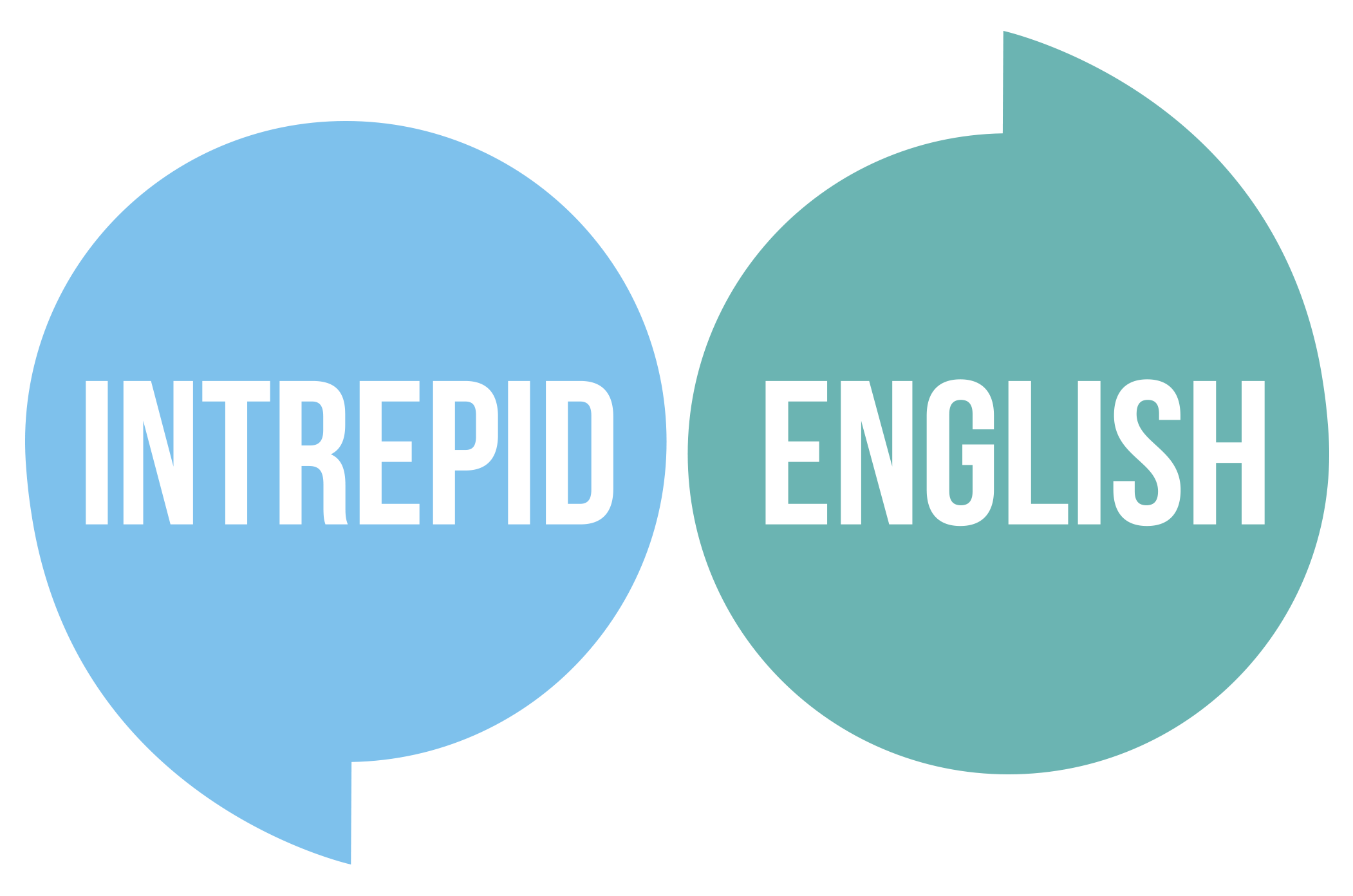
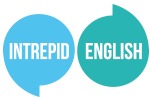
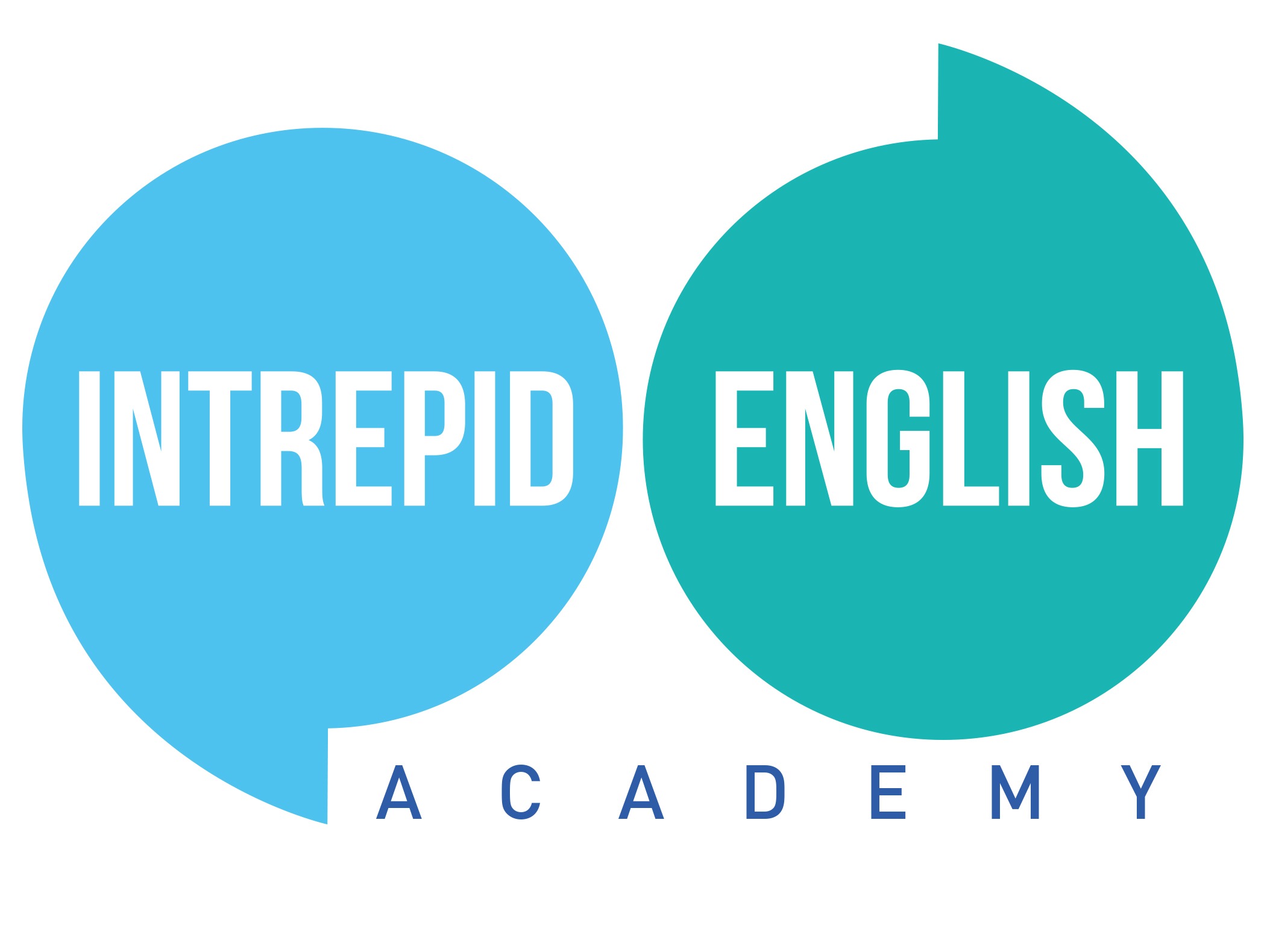
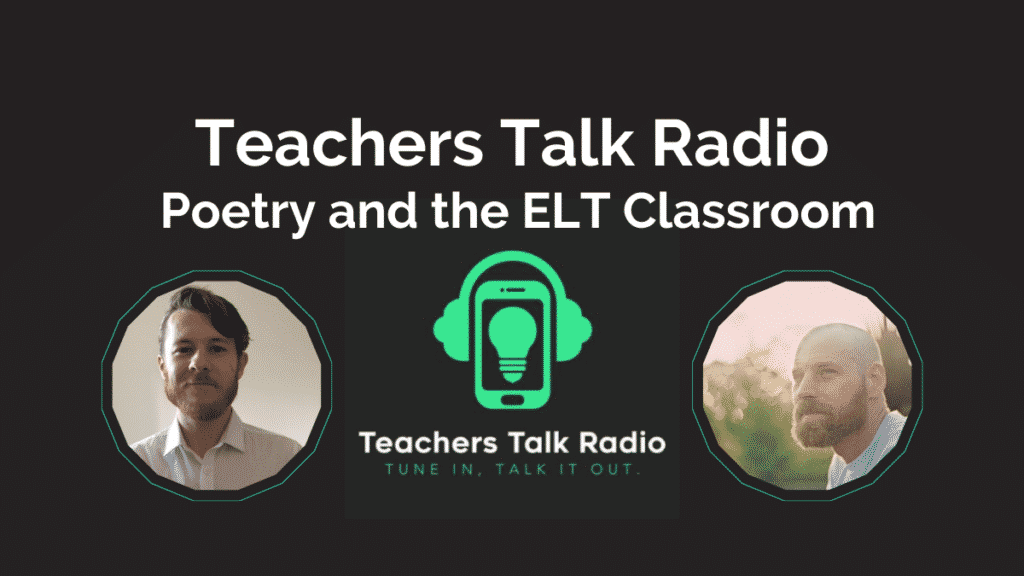
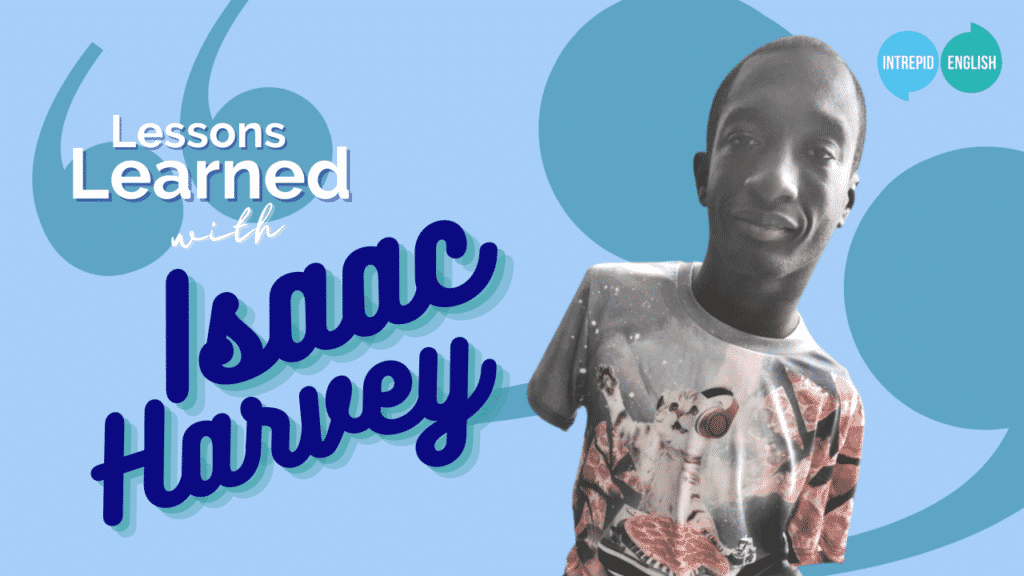
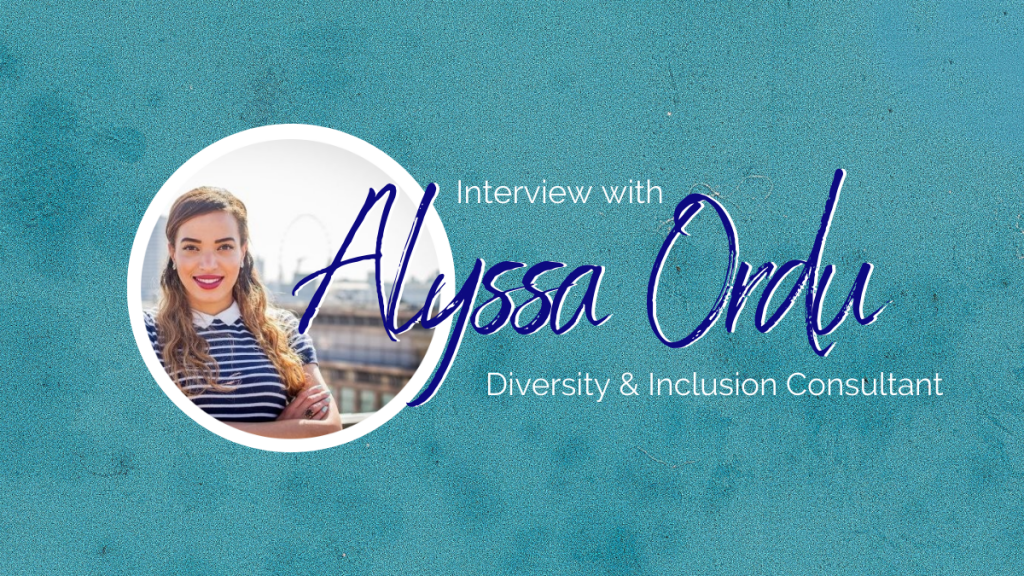
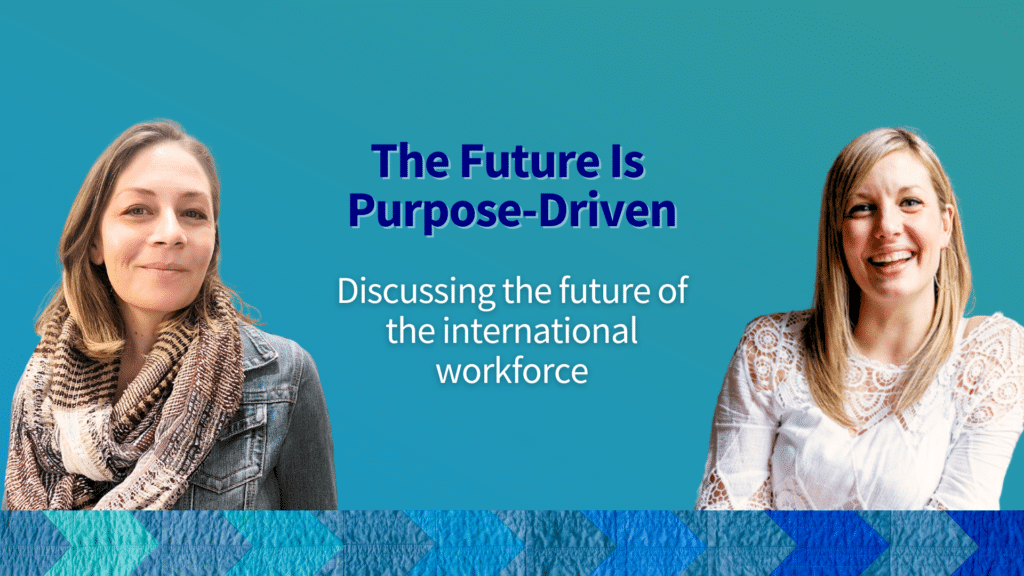
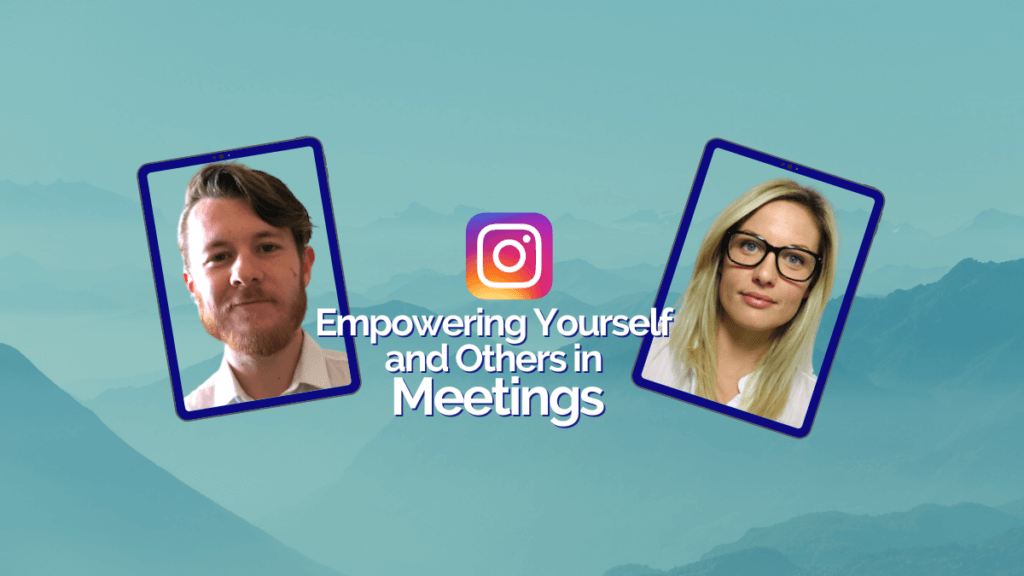
Responses